Dr Richard Schwartz, developed a model he calls internal family systems (IFS). IFS is frequently used as an evidence-based psychotherapy, helping people heal by accessing and healing their protective and wounded inner parts..
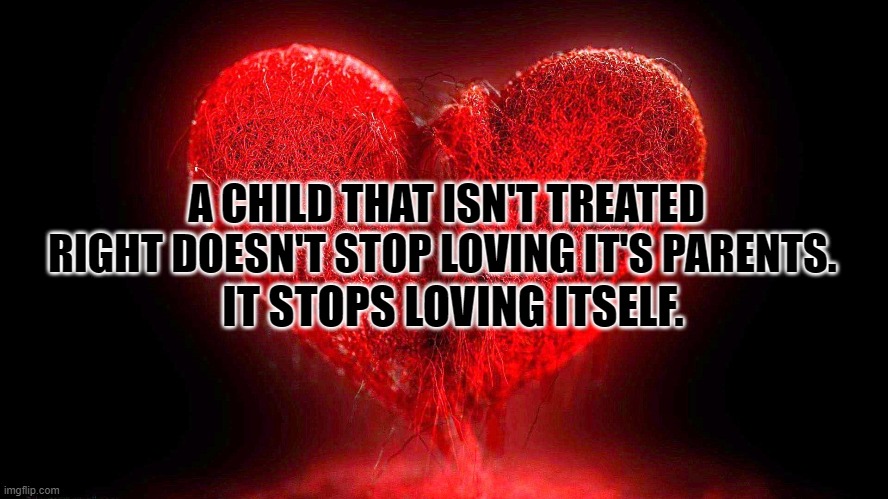
Children are dependent for their survival on their caregivers, especially in their first 7 to 8 years. Children therefore often internalize negative experiences towards them and around them as a survival mechanism which can lead to very unhealthy coping mechanism later in life, if not investigated and integrated in a healthy harmonious way.
Internal family Systems (IFS) is an interesting model of looking at ourselves and shows that in our core we and others are curious, compassionate beings that want to survive and thrive in harmony with each other. IFS creates inner and outer connectedness by helping people first access their Self and, from that core, come to understand and heal their exiled and protective parts.
Here a great introduction into what IFS is:
Sometimes parts get formed in ways due to the pressures of childhood trauma or other challenging circumstances. A part is forced to take on a certain role that provides a solution to that difficult situation, however later in life this solution might become a problem.
For example a protective part that was formed and needed in childhood due to an abusive parent, can become problematic in open heartedly relating to yourself and others later on in life.
Or maybe a part learned to suppress certain emotions when growing up due to peer pressure and later on in life that prevents you from having access to those emotions and being able to be vulnerable when desired.
By connecting to those older formed protective and exiled parts and unburdening them we can transform and reintegrate those parts. Then they can take a new role to play so we can live in more harmony with our current surroundings and needs.
In these videos you can see how this process might work in practice.
It can be a great tool to experience more inner peace.
More information:
-) Summary of the Self Therapy Workbook on IFS to Guide Yourself
-) Website Internal Family System (IFS) Institute
-) YouTube Introduction into IFS
Related articles:
-) Have a look at our (free) Arcturian Academy
-) The Transformation of Trauma with Bessel van der Kolk and Gabor Maté
-) Tension and Trauma Release Technique (TRE) – Body Shaking to Release Stress
-) Navigating the Emotional Body, Fully Allow all Emotions and Release Them.
-) Breathwork – Breath yourself to Inner Peace
-) Inner Child work with The Completion Process
-) Connect to your Feelings and Needs and learn how to Set Healthy Boundaries
-) Distress Tolerance, Emotional Regulation, Interpersonal Effectiveness & Mindfulness – Dialectical Behaviour Therapy (DBT)
-) Emotional Freedom Technique – Energy Tapping
-) The 5 step cycle of creation – How our thoughts shape our (experience of) reality
-) Investigating, turning around and transforming (bad feeling) thoughts

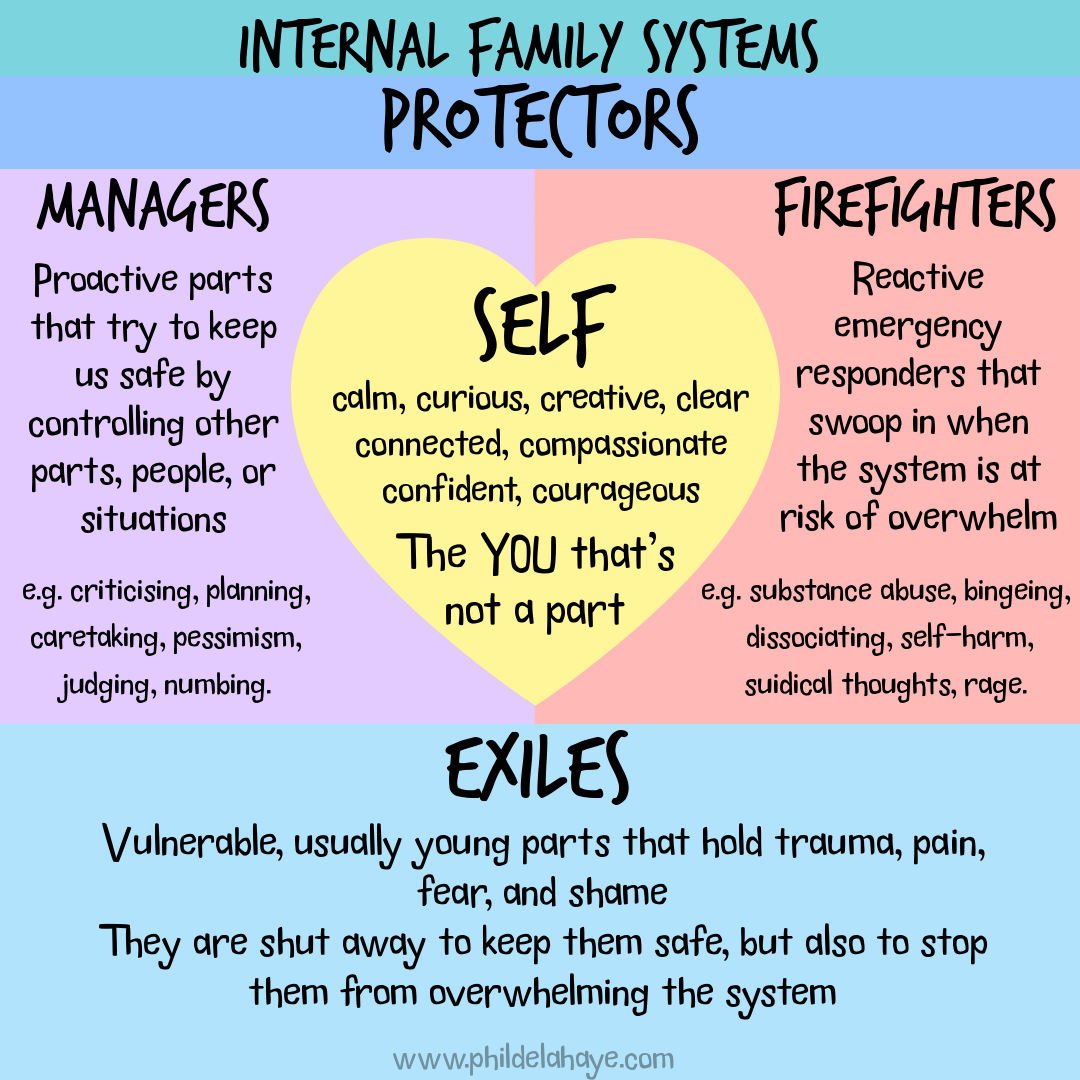
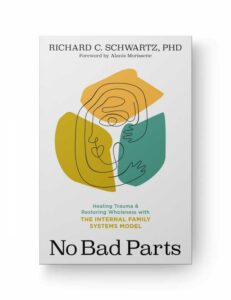
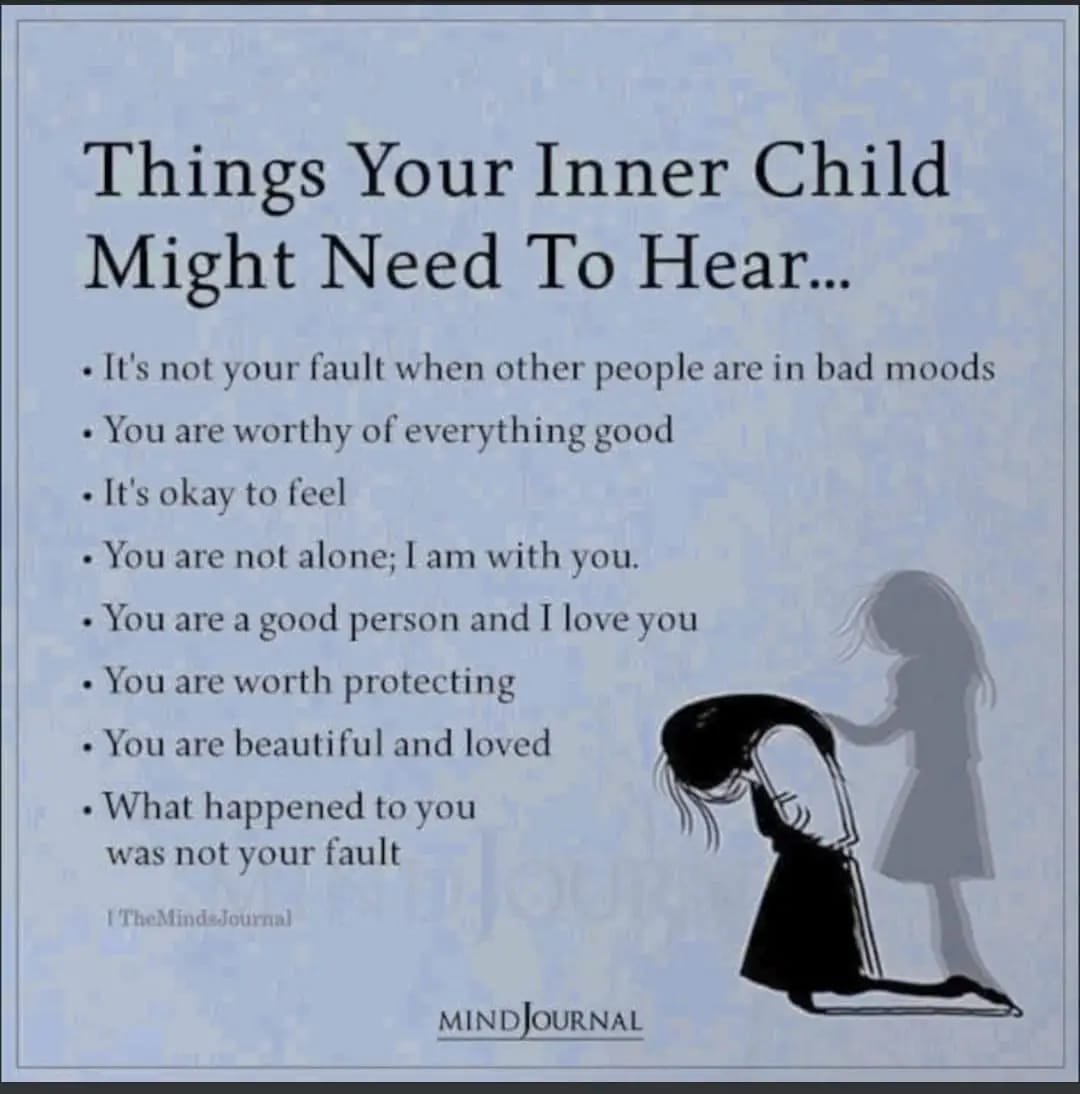

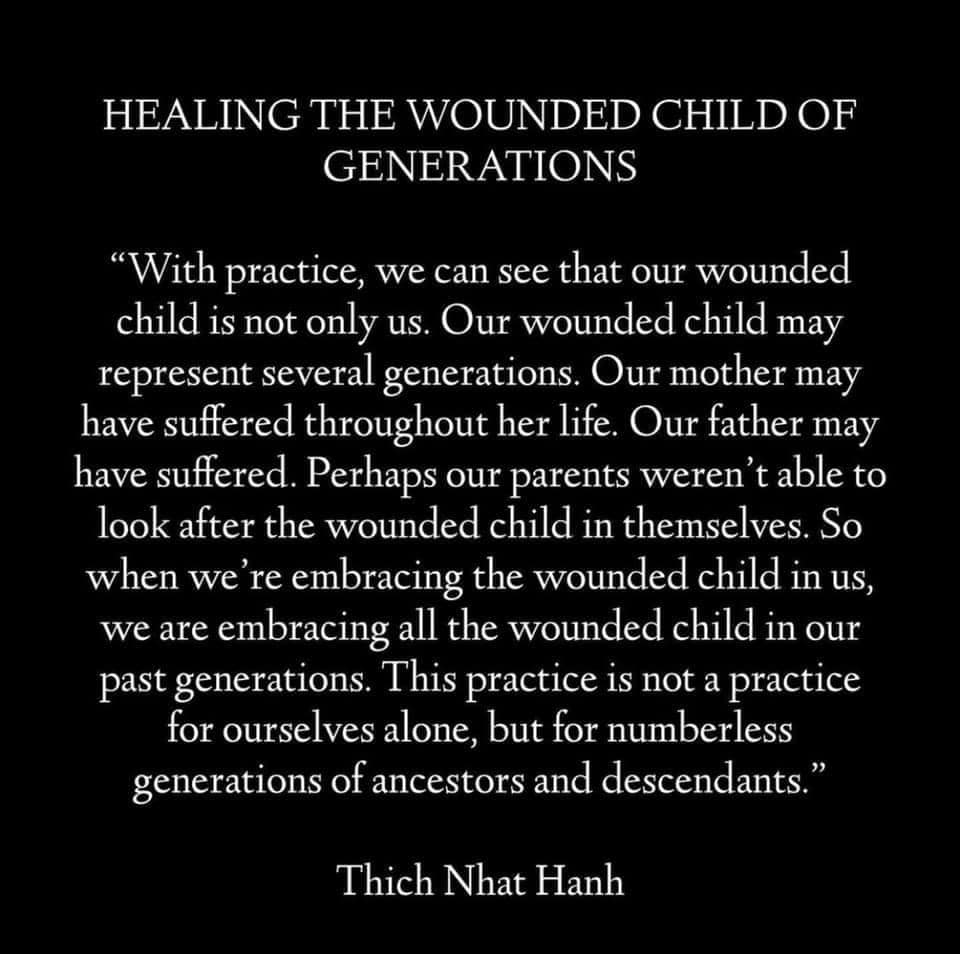
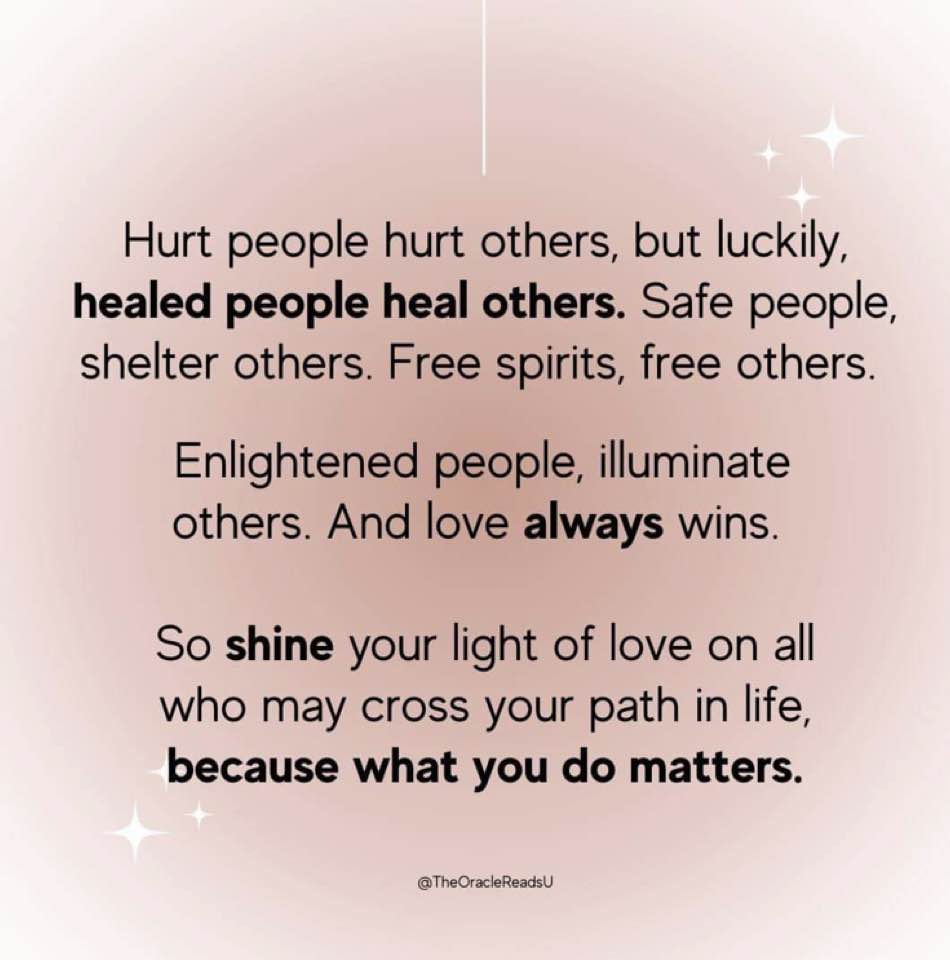
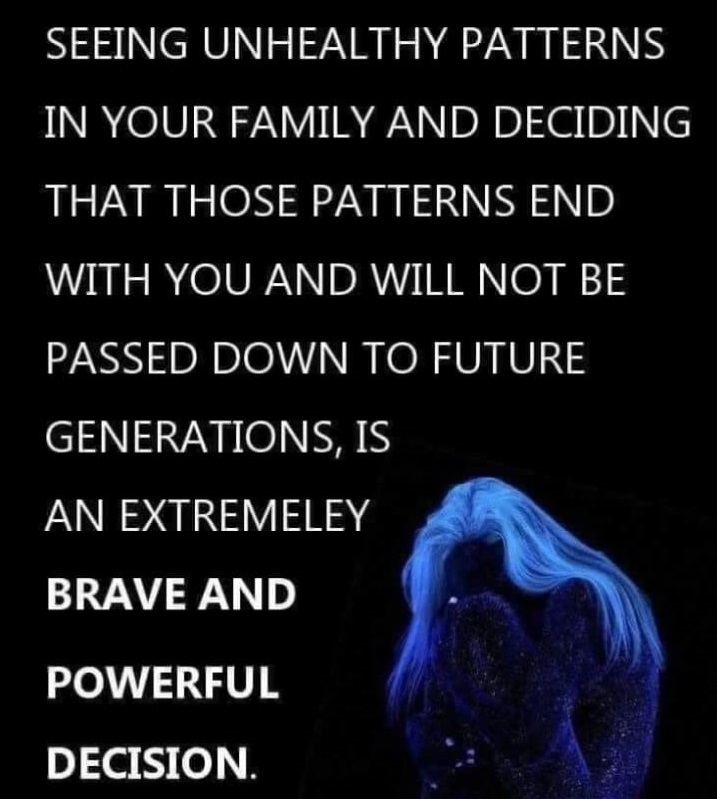
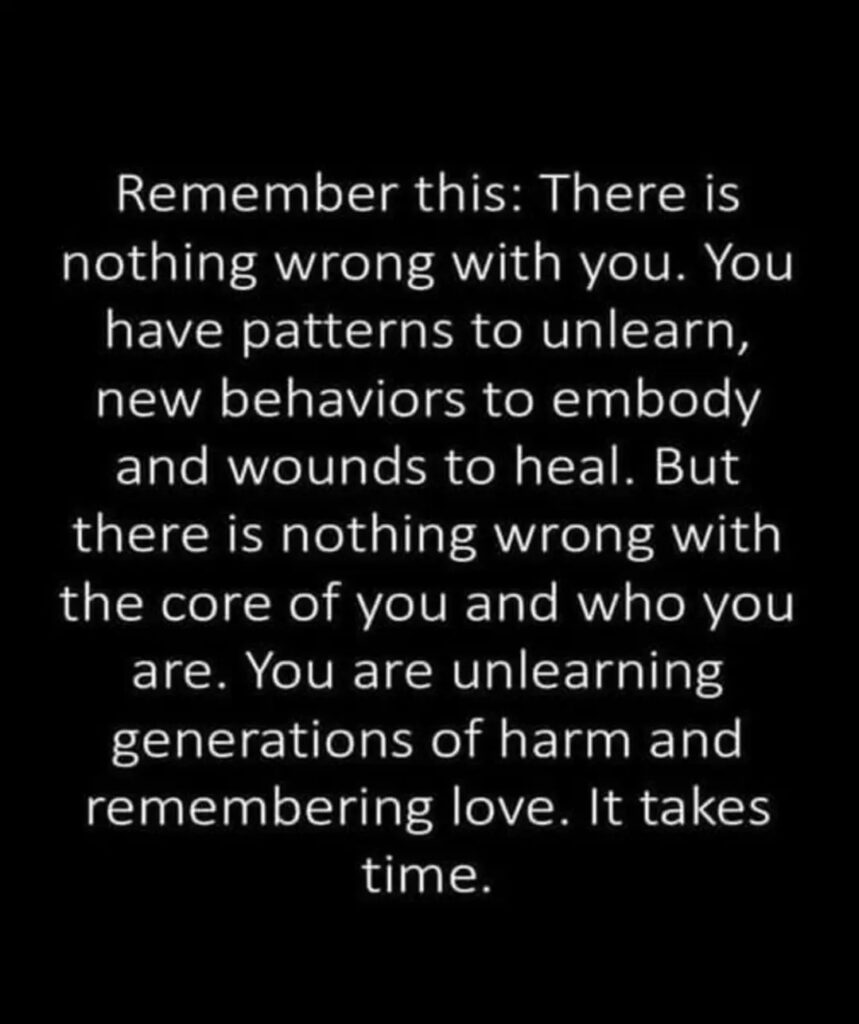
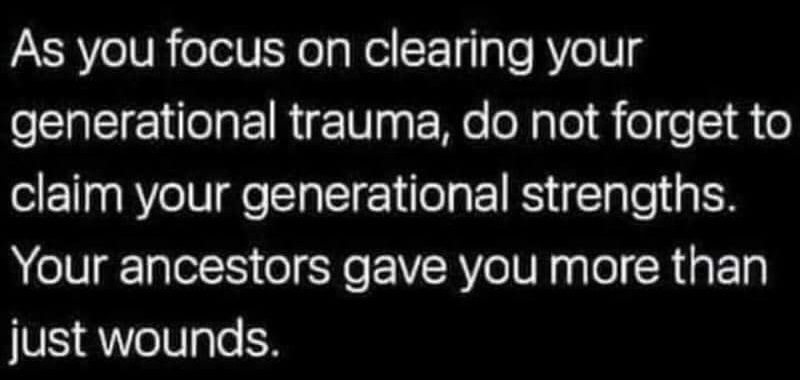
A great explanation on The Inner Child, how Exiles and and Protectors gets formed.
Re-Parenting – Part 12 – Inner Child – Part 1
Many find inner child work to be an important part of their journey of healing from trauma. But what are people referring to when they talk about their inner child?
Re-Parenting – Part 13 – Inner Child – Part 2
Practical tools for connecting with one’s inner child.
Re-Parenting – Part 14 – Protectors
The brain develops ways to protect the wounded inner child. These are known as adaptations or protectors. The problem for people from Complex Trauma is that once they become adults, these adaptations cause them a lot of problems in relationships and life. Learn about these protectors and how to reparent them during todays Tim Talk.